€156.17 – €419.10
Key Features
Before using this Carbon Dioxide N4.5 (CP Grade CO2) Cylinder in any new process or experiment, a thorough material
compatibility and safety study should be carried out. Ensure adequate air ventilation. Ensure all national/local regulations are observed. While proper care has been taken in the preparation of this document, no liability for injury or damage resulting from its use can be accepted. Note: When the Product Name appears in the SDS
header the decimal sign and its position comply with rules for the structure and drafting of international standards, and is a comma on the line. As an example, 2,000 is two (to three decimal places) and not two thousand, whilst 1.000 is one thousand and not one (to three decimal places).
Pure gases are classified by grade – Carbon Dioxide N4.5 (CP Grade CO2) Cylinder
The first digit of the grade classification indicates the ‘number of nines’ purity, e.g. N3.0 = 99.9% purity.
The second digit is the number following the last nine, e.g. N4.6 helium has a guaranteed minimum purity level of 99.996%.
| Grade | Minimum purity | Total impurities |
|---|---|---|
| N2.0 | 99% | 1% |
| N3.0 | 99.9% | 1000ppm |
| N4.0 | 99.99% | 100vpm |
| N5.0 | 99.999% | 10vpm |
| N6.0 | 99.9999% | 1vpm |
| N7.0 | 99.99999% | 100vpb |
Carbon Dioxide N4.5 (CP Grade CO2) Cylinder National Regulations
Management of Health and Safety at Work Regulations (1999 No. 3242) The
Regulatory Reform (Fire Safety) Order 2005 (2005 No. 1541). Control of Substances
Hazardous to Health Regulations (COSHH, 2002 No. 2677) Provision and Use of Work
Equipment Regulations (PUWER, 1998 No. 2306). Personal Protective Equipment
Regulations (1992 No. 2966). Control of Major Accident Hazards Regulations (COMAH),
2015 No. 483). Pressure Systems Safety Regulations (PSSR, 2000 No. 128). Only
products that comply with the food regulations (EC) No. 1333/2008 and (EU) No.
231/2012 and are labelled as such may be used as food additives.
This Safety Data Sheet has been produced to comply with Regulation (EU) 2015/830.
Carbon Dioxide N4.5 (CP Grade CO2) Cylinder Additional identification:
Avoid transport on vehicles where the load space is not separated from
the driver’s compartment. Ensure vehicle driver is aware of the potential
hazards of the load and knows what to do in the event of an accident or
an emergency. Before transporting product containers ensure that they
are firmly secured. Ensure that the container valve is closed and not
leaking. Container valve guards or caps should be in place. Ensure
adequate air ventilation.
| Cylinder Size | J (25kgv), Y (14kgv), BC (1kgv), F (5kgv), J (46.5 Litres) |
|---|---|
| Withdrawal Type | Liquid, Vapour |
Be the first to review “Carbon Dioxide N4.5 (CP Grade CO2) Cylinder” Cancel reply
Related products
Carbon Dioxide
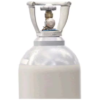
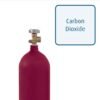
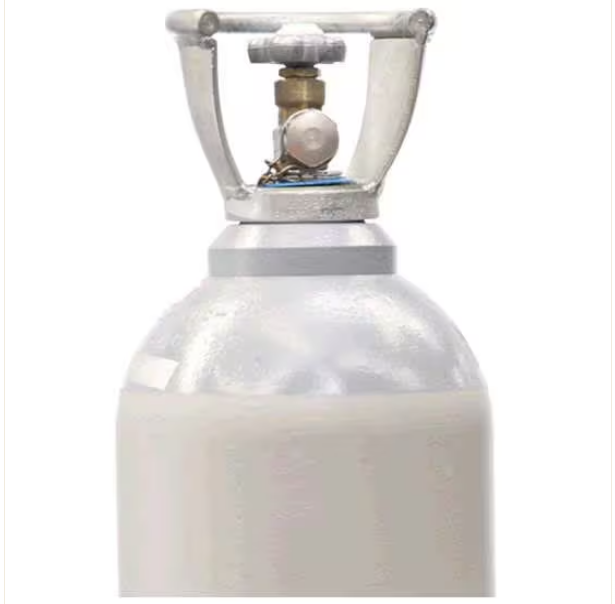
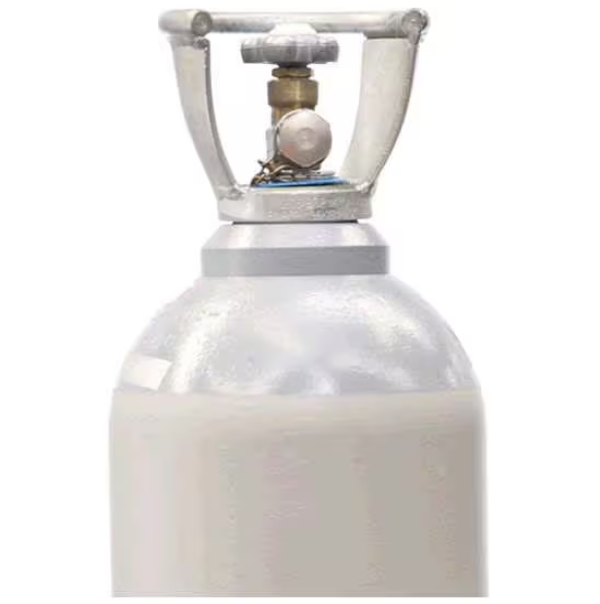
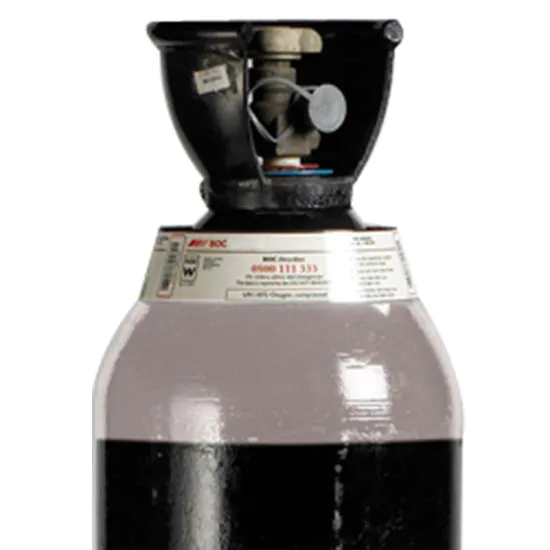


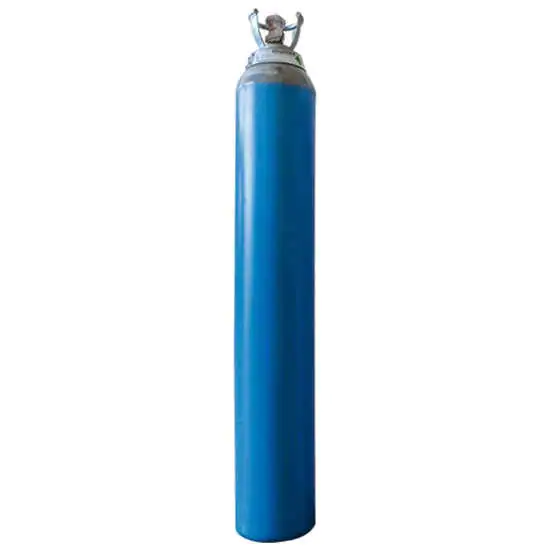
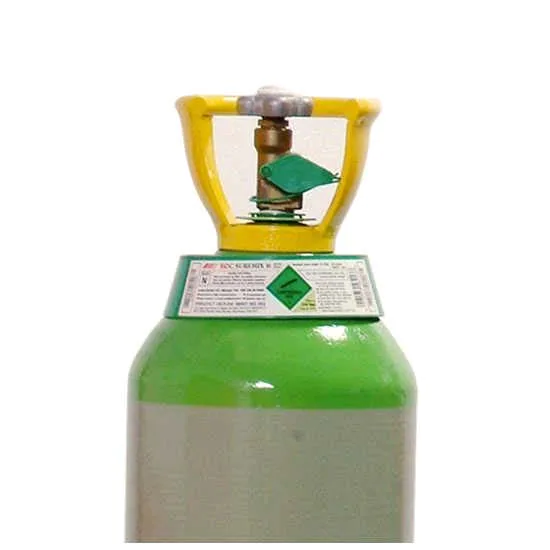
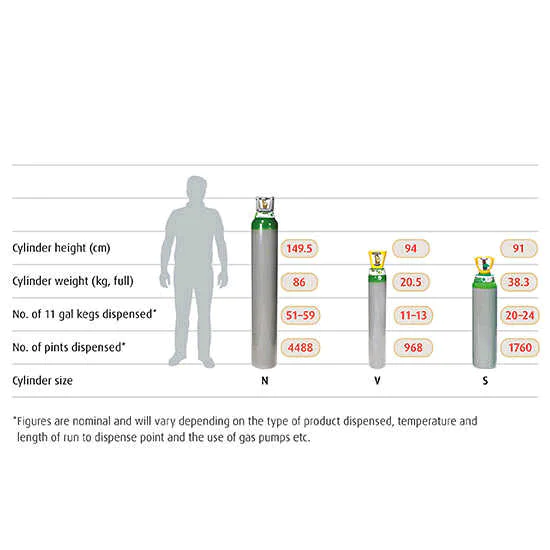
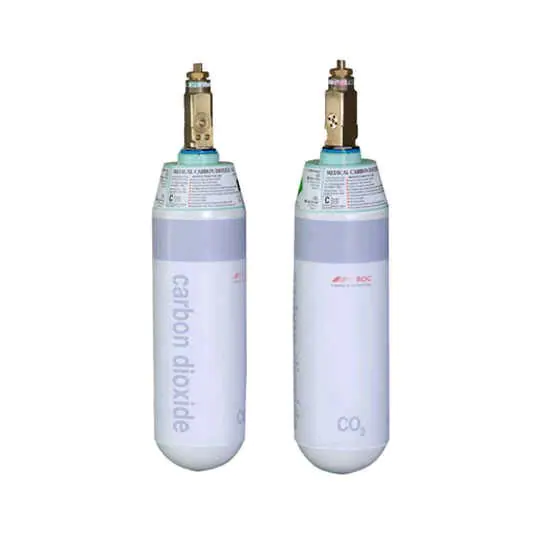


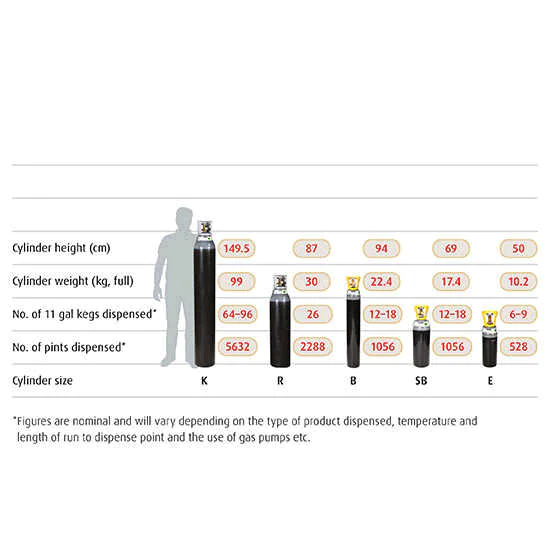
Reviews
There are no reviews yet.